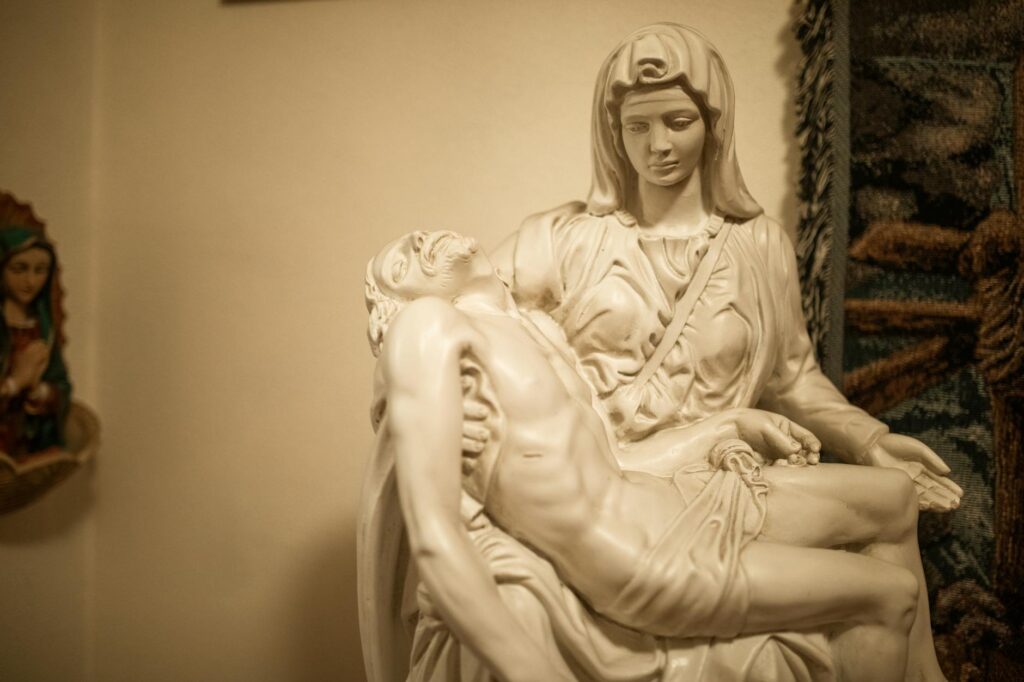The hum of the Quantifier was a constant lullaby in the city of Aethel. It permeated the cobbled streets, echoed through the towering chrome skyscrapers, and vibrated within the bones of every citizen. The Quantifier, a colossal machine housed in the obsidian Citadel, was the arbiter of life, the judge, jury, and executioner of Aethel. It calculated the societal value of every individual, from the esteemed Innovators to the lowly Cleaners, and assigned them a lifespan accordingly. Elara, a young woman with eyes the color of polished jade, felt the hum in the pit of her stomach. Her eighteenth birthday was approaching, Evaluation Day, the day the Quantifier would determine her worth and, consequently, the length of her life.
Elara’s hands, calloused from years of assisting her mother, a skilled Weaver, trembled as she sorted through spools of vibrant thread. Weavers, deemed essential but not particularly innovative, were usually granted a lifespan of around sixty years. Elara yearned for more. She dreamt of the sprawling Sky Gardens, reserved for the esteemed Innovators, those blessed with lifespans exceeding a century. They were the architects of Aethel’s technological marvels, the ones who pushed the boundaries of human ingenuity.
Her mother, sensing Elara’s unease, placed a comforting hand on her shoulder. “The Quantifier is just a machine, Elara,” she said, her voice raspy from years of inhaling fabric dust. “It cannot measure the true worth of a soul.” But Elara knew better. The Quantifier’s judgment was absolute. It dictated everything from housing assignments to food rations, all based on one’s assigned lifespan. Those with shorter lifespans were relegated to the lower sectors of the city, while those with longer ones enjoyed lives of luxury and privilege.
Elara’s best friend, Ronan, a budding Architect, had already been evaluated. His innovative designs for sustainable housing had earned him a lifespan of eighty years, a considerable achievement. He radiated an easy confidence, a stark contrast to Elara’s gnawing anxiety. “Don’t worry, Elara,” Ronan reassured her, his voice brimming with optimism. “You’re resourceful and quick-witted. The Quantifier will see your value.”
But Elara couldn’t shake the fear. She felt a deep-seated inadequacy, a sense that her contributions to society paled in comparison to the brilliant minds who designed the intricate machines that powered Aethel. The days leading up to her Evaluation were a blur of nervous anticipation. She practiced her skills, meticulously weaving intricate patterns, hoping to impress the Quantifier with her dexterity and precision.
On the day of her Evaluation, Elara stood before the Citadel, its obsidian surface gleaming under the artificial sun that illuminated Aethel. The air crackled with anticipation as hundreds of young adults waited their turn to face the machine that held their fate in its circuits. When her name was called, Elara stepped into the sterile white chamber that housed the Quantifier. A disembodied voice, devoid of emotion, instructed her to place her hand on the scanning plate. As the cool metal touched her skin, a surge of energy coursed through her body. The room fell silent as the Quantifier processed her data, analyzing her skills, her education, her potential contribution to society.
The silence stretched on, each second feeling like an eternity. Finally, the disembodied voice broke the silence. “Elara, daughter of Anya, your assigned lifespan is… twenty-five years.” The words hit Elara like a physical blow. Twenty-five years. Barely a quarter of what Ronan had received. A wave of despair washed over her, threatening to drown her in its icy grip. She stumbled out of the chamber, her legs feeling like lead, the hum of the Quantifier now a mocking dirge.
The world seemed to tilt on its axis. The vibrant colors of Aethel dulled, the bustling streets became a blur of indifferent faces. Ronan rushed to her side, his face etched with concern. “Elara, I’m so sorry,” he said, his voice choked with emotion. “It’s not fair.” Elara could only shake her head, tears streaming down her face.
In the days that followed, Elara retreated into herself, consumed by grief and resentment. She couldn’t understand why the Quantifier had deemed her so worthless. Her mother tried to comfort her, reminding her of the importance of family, of the preciousness of every moment. But Elara couldn’t shake the feeling that her life was already over, that her future had been stolen from her.
One evening, as Elara sat by the window, staring at the shimmering lights of the Sky Gardens, a flicker of defiance ignited within her. She wouldn’t accept this fate. She would prove the Quantifier wrong. She would make her life matter, even if it was only for twenty-five years. She began to explore forgotten corners of the city, talking to people the Quantifier had deemed insignificant, listening to their stories, understanding their struggles.
She discovered a hidden world of creativity and resilience, a world where people found meaning in the simplest of things, where life, however short, was celebrated with a fierce intensity.

Inspired by their spirit, Elara started weaving tapestries that told their stories, tapestries that captured the essence of their lives, their hopes, their dreams, their fears. Her work, raw and powerful, resonated with others who felt marginalized by the Quantifier’s rigid system. A quiet rebellion began to brew in the lower sectors of Aethel, a movement that celebrated the value of every human life, regardless of its assigned length.
Elara’s tapestries became symbols of hope, reminders that true worth was not measured in years, but in the impact one had on the world. Her art, born out of despair, became a force for change, challenging the very foundations of Aethel’s social order. And as Elara lived each day with a newfound purpose, the hum of the Quantifier, once a source of fear and oppression, began to fade into the background, replaced by the vibrant rhythm of a life lived fully, a life that defied the limits of time.
Word of Elara’s art reached the ears of the Innovators in the Sky Gardens. Intrigued by the groundswell of support for her work, they began to question the infallibility of the Quantifier. Could a machine truly understand the complexities of human value? Could it measure the impact of art, of compassion, of the human spirit? The seeds of doubt, once sown, began to take root, spreading through the upper echelons of Aethel’s society.
Elara, now a symbol of resistance, continued to weave her stories, her art becoming a powerful voice for those who had been silenced. Her life, though short, had become a beacon of hope, a testament to the enduring power of the human spirit to transcend even the most rigid of systems. And in the end, it was not the Quantifier, but Elara, who defined her own worth, her own legacy, her own immortality.
The echoes of her art, her defiance, resonated long after her twenty-fifth year, a testament to the simple truth that a life’s value isn’t measured in its length, but in its depth, its impact, its enduring echo in the hearts of others.






Leave a Reply